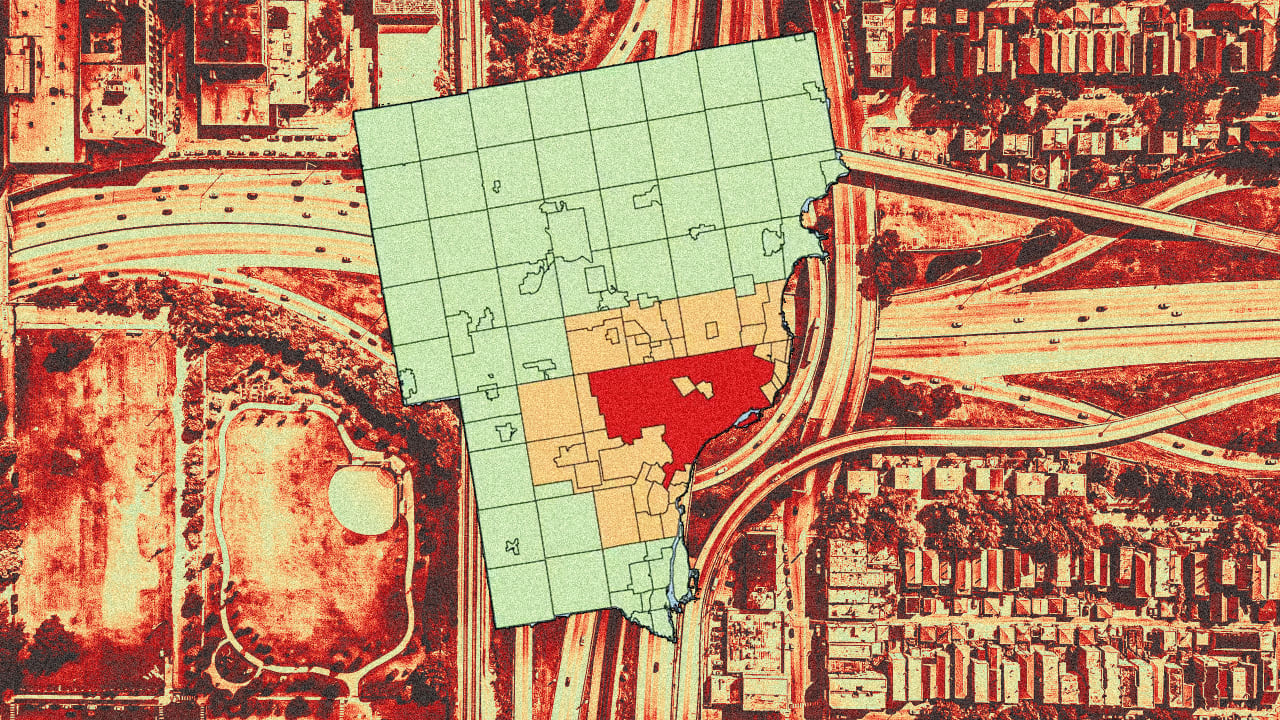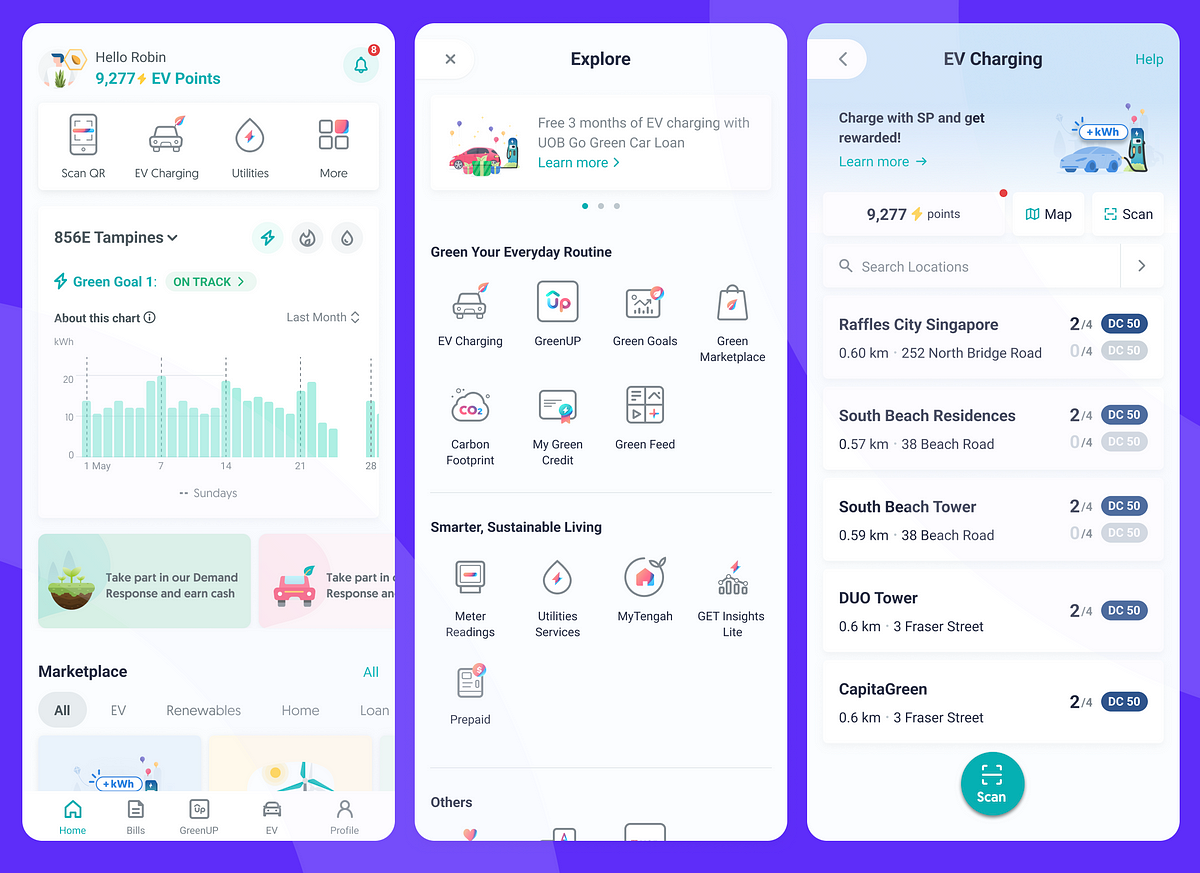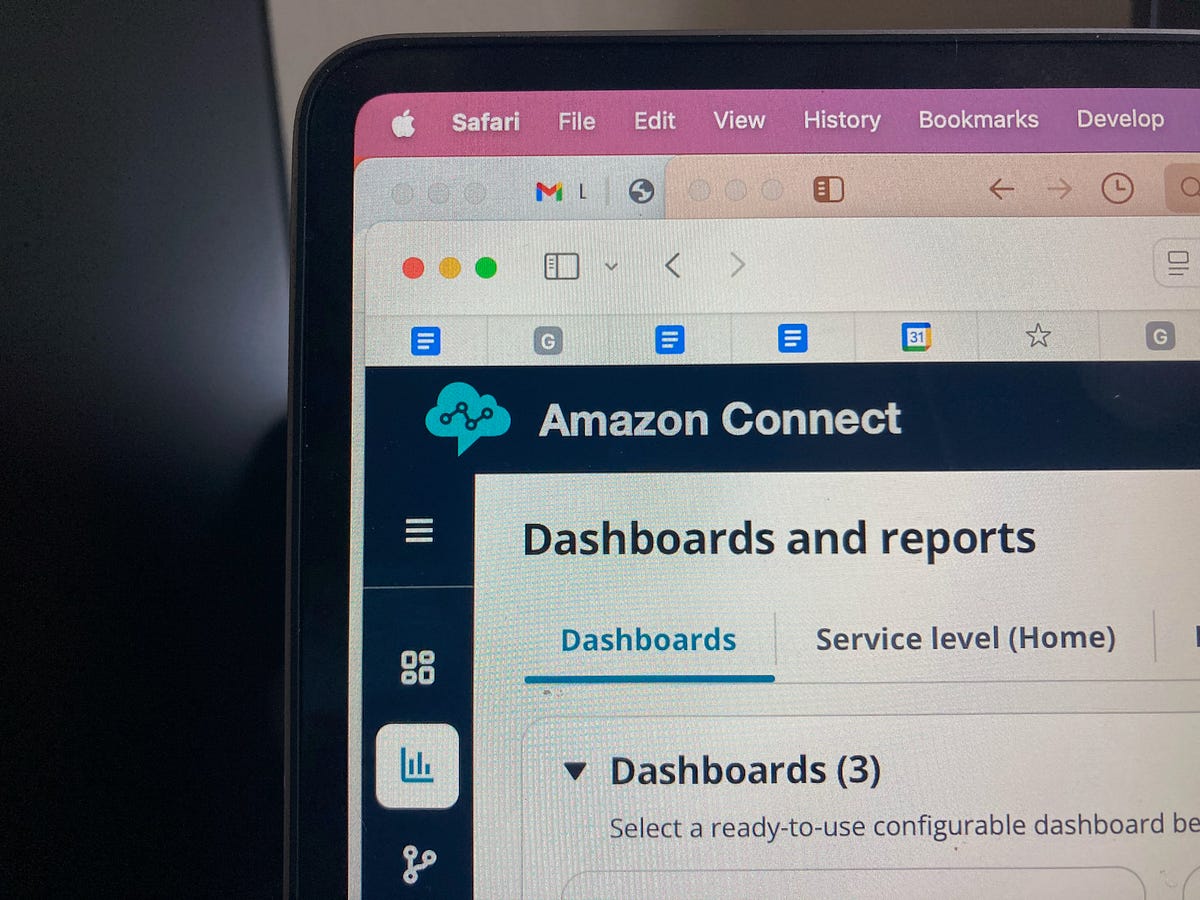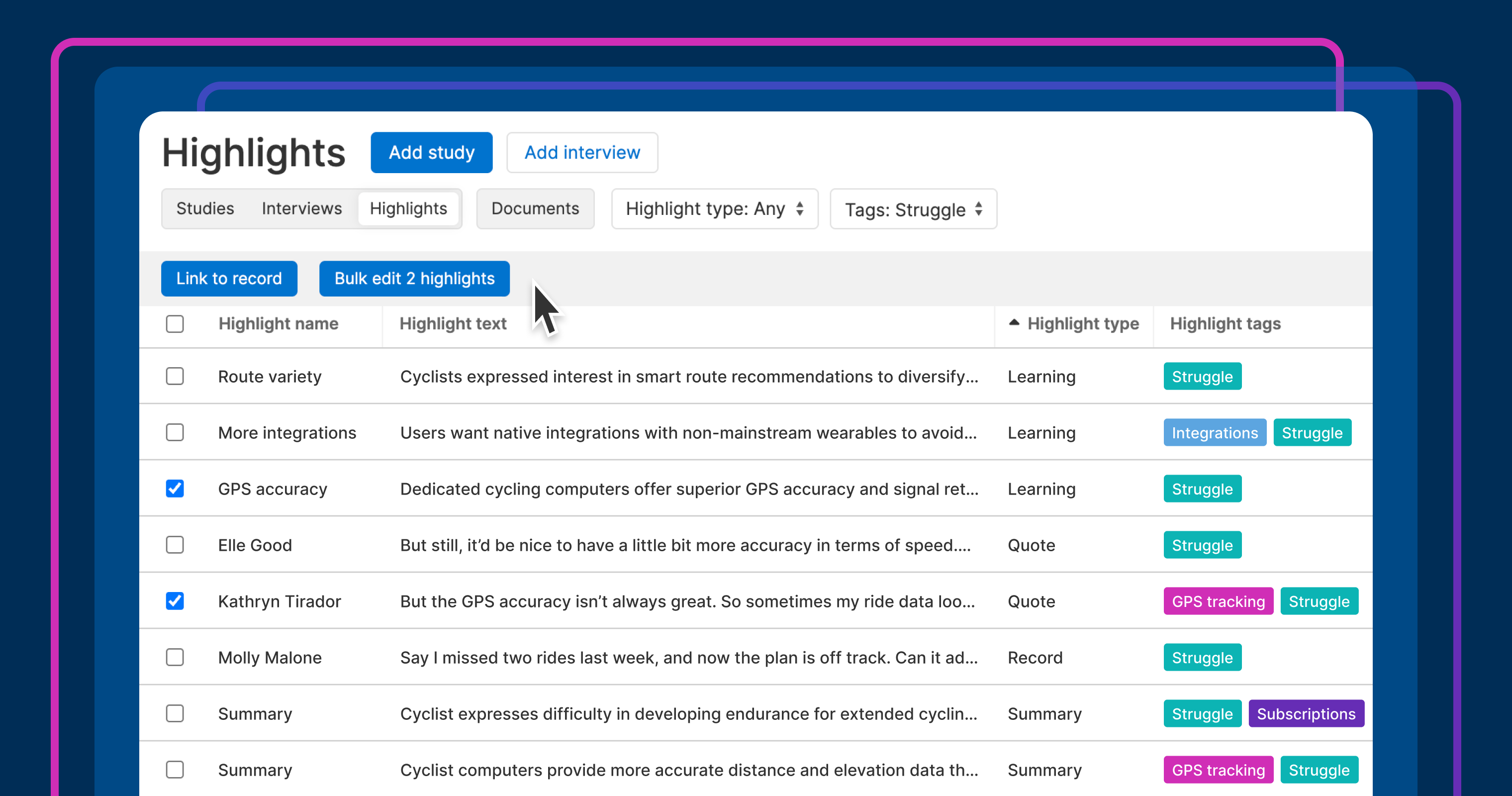Choosing the Right Fire Protection Engineering Consultants in Canada: A Critical Step Toward Safer Buildings
Learn how to choose the right fire protection engineering consultants in Canada to ensure building safety, code compliance, and effective fire risk management.
In today’s complex building environment, fire safety goes far beyond sprinklers and alarms. With regulations evolving rapidly and designs becoming more intricate, developers, architects, and facility managers must take a strategic approach to risk. This is where fire protection engineering consultants become indispensable—providing the expertise to ensure life safety, code compliance, and performance efficiency across all types of buildings in Canada.
Hiring the right consultant early in the project lifecycle can mean the difference between seamless approvals and costly redesigns. Whether you're constructing a high-rise in Toronto or retrofitting a facility in Calgary, aligning with experienced fire safety professionals is no longer optional—it's essential.
What Do Fire Protection Engineering Consultants Do?
Fire protection engineering consultants specialize in analyzing, designing, and implementing systems that safeguard buildings from fire hazards. Their role spans across fire alarm systems, suppression systems, smoke control, passive fire protection, evacuation design, and fire modeling.
These experts ensure compliance with:
-
The National Building Code of Canada (NBC)
-
National Fire Code (NFC)
-
Provincial codes and amendments (e.g., Ontario Fire Code)
-
NFPA standards and international best practices
Their services integrate safety with architectural intent and engineering performance—creating customized, code-compliant strategies that don’t compromise your building’s functionality or aesthetic goals.
Why Are Fire Protection Engineering Consultants Necessary?
Designing for fire safety is a high-stakes task. Without proper engineering support, even well-designed structures can fall short of code requirements or pose risks to occupants. Here’s why engaging fire protection engineering consultants is vital:
1. Code Expertise You Can Trust
Building and fire codes are highly technical and frequently updated. Consultants not only interpret these codes but also apply them in practical, innovative ways that meet intent without unnecessary cost.
2. Risk-Based Design
They assess the unique risks of each facility—such as storage hazards, occupant density, or system vulnerabilities—and tailor fire protection strategies accordingly.
3. Seamless Permit Approvals
They provide the documentation and analysis required by Authorities Having Jurisdiction (AHJs), reducing the chance of permit rejection or delays.
4. Cost Control
Rather than overdesigning systems to “play it safe,” consultants develop efficient, targeted solutions that meet code without overburdening the project budget.
Core Services Offered by Fire Protection Engineering Consultants
These professionals bring together engineering precision, code compliance, and safety systems planning. Key services typically include:
-
Fire suppression system design (e.g., sprinklers, clean agent systems)
-
Fire alarm and detection systems layout
-
Smoke management and modeling
-
Egress and evacuation planning
-
Performance-based design and code alternatives
-
Fire hazard and risk assessments
-
CFD modeling and fire scenario simulation
-
Coordination with electrical, mechanical, and architectural teams
By overseeing both passive and active fire protection elements, these consultants provide a comprehensive approach to life safety and fire risk mitigation.
Industries That Rely on Fire Protection Engineering Consultants
Certain sectors in Canada face more complex or stringent fire protection requirements. Common industries engaging fire protection consultants include:
-
Healthcare facilities (hospitals, long-term care)
-
High-rise residential and commercial towers
-
Educational institutions and student housing
-
Industrial sites and hazardous occupancies
-
Retail and mixed-use developments
-
Data centers and mission-critical facilities
Each of these building types presents unique fire challenges—requiring specialized expertise that general consultants may lack.
Canadian Regulations: The Local Edge
Canadian projects must align with both national and provincial standards. For example:
-
Ontario’s Building Code includes supplementary life safety measures
-
British Columbia’s code adaptation includes specific requirements for wood-frame buildings
-
Alberta has detailed industrial safety guidelines for energy sector facilities
Fire protection engineering consultants based in Canada are familiar with these regional nuances and ensure solutions are locally applicable.
When Should You Bring a Consultant Onboard?
The earlier, the better. Engaging consultants during the schematic or design development phase allows you to:
-
Optimize layouts for egress and compartmentation
-
Plan mechanical and electrical systems in tandem with fire systems
-
Avoid design rework or construction change orders later
-
Address code equivalencies or alternative solutions proactively
Late involvement often leads to budget increases, system inefficiencies, or permit issues.
Why Experience Matters
When fire safety is on the line, not all consultants are equal. Proven experience in similar project types, strong communication with AHJs, and up-to-date knowledge of codes are non-negotiables.
Vortex Fire, one of Canada’s leading fire protection engineering consultants, offers end-to-end code consulting, system design, and performance-based solutions. Their deep expertise helps clients navigate complex building scenarios with confidence, safety, and compliance.
Conclusion
Fire safety should never be an afterthought. With regulatory complexity growing and stakeholder demands rising, the role of fire protection engineering consultants is more important than ever.
From ensuring code compliance to designing optimized safety systems, these professionals play a critical role in building safe, efficient, and resilient structures. For architects and facility managers across Canada, they are a trusted partner in turning vision into reality—securely and successfully.
FAQs
1. What’s the difference between a fire protection engineer and a fire protection engineering consultant?
A fire protection engineer often focuses on technical system design. A fire protection engineering consultant applies engineering knowledge to real-world projects—balancing design, compliance, and approvals.
2. Do consultants handle both design and code submissions?
Yes. Most offer design documentation, drawings, and compliance reports required for AHJ approvals and construction execution.
3. Are consultants only necessary for new buildings?
No. They are equally important for renovations, retrofits, change-of-use projects, and fire code upgrades in existing buildings.
4. What’s the typical cost of hiring a fire protection consultant?
Costs vary based on project size and complexity. However, their services often save money in the long run by avoiding delays, redesigns, or non-compliance penalties.







































































































![Building A Digital PR Strategy: 10 Essential Steps for Beginners [With Examples]](https://buzzsumo.com/wp-content/uploads/2023/09/Building-A-Digital-PR-Strategy-10-Essential-Steps-for-Beginners-With-Examples-bblog-masthead.jpg)


















































